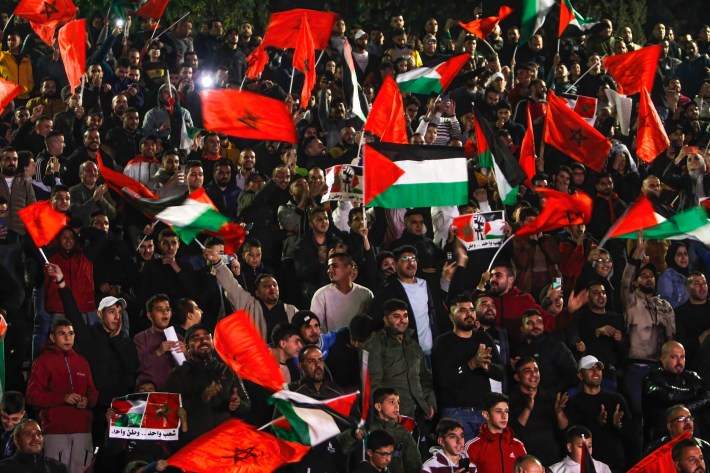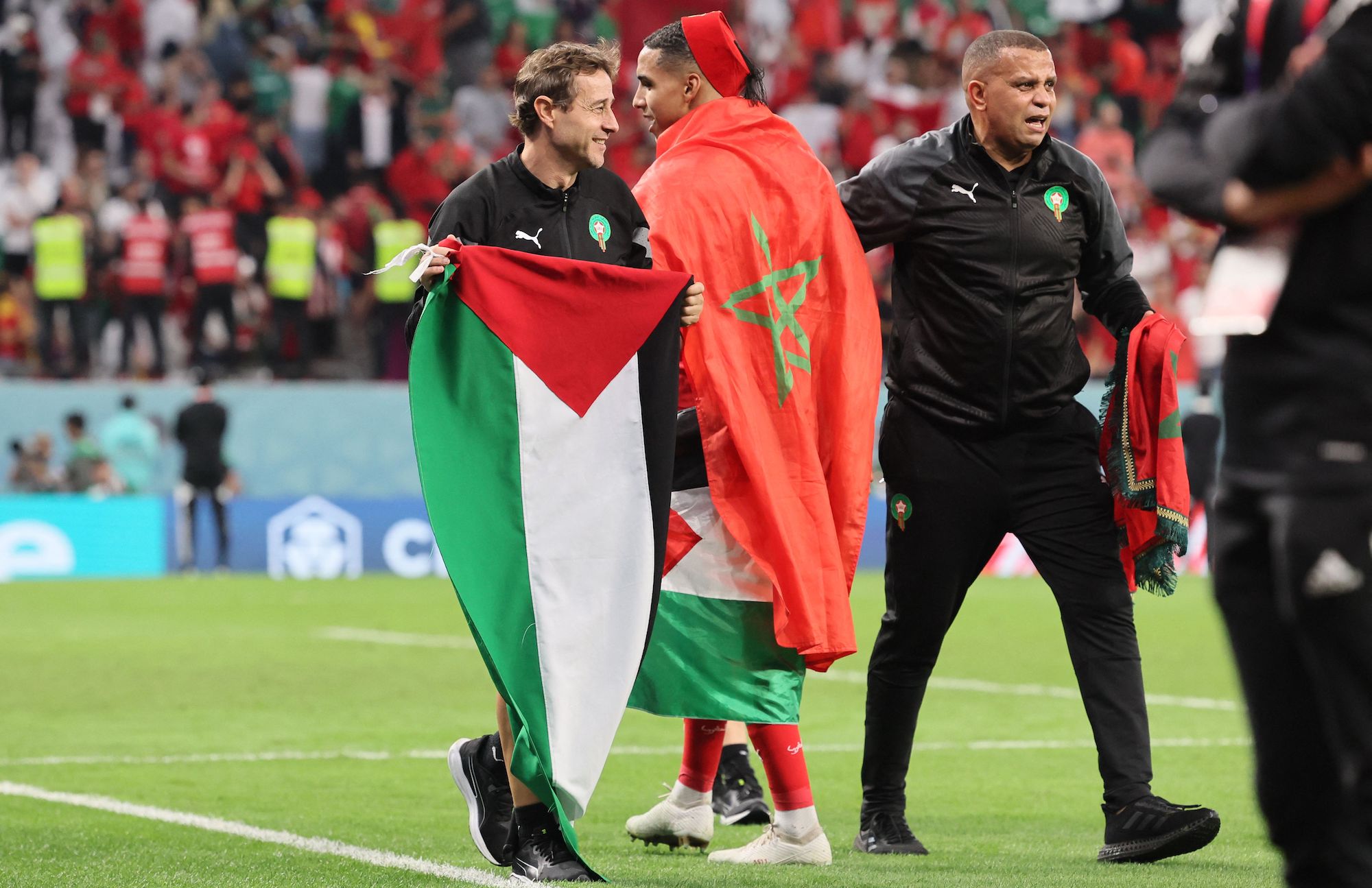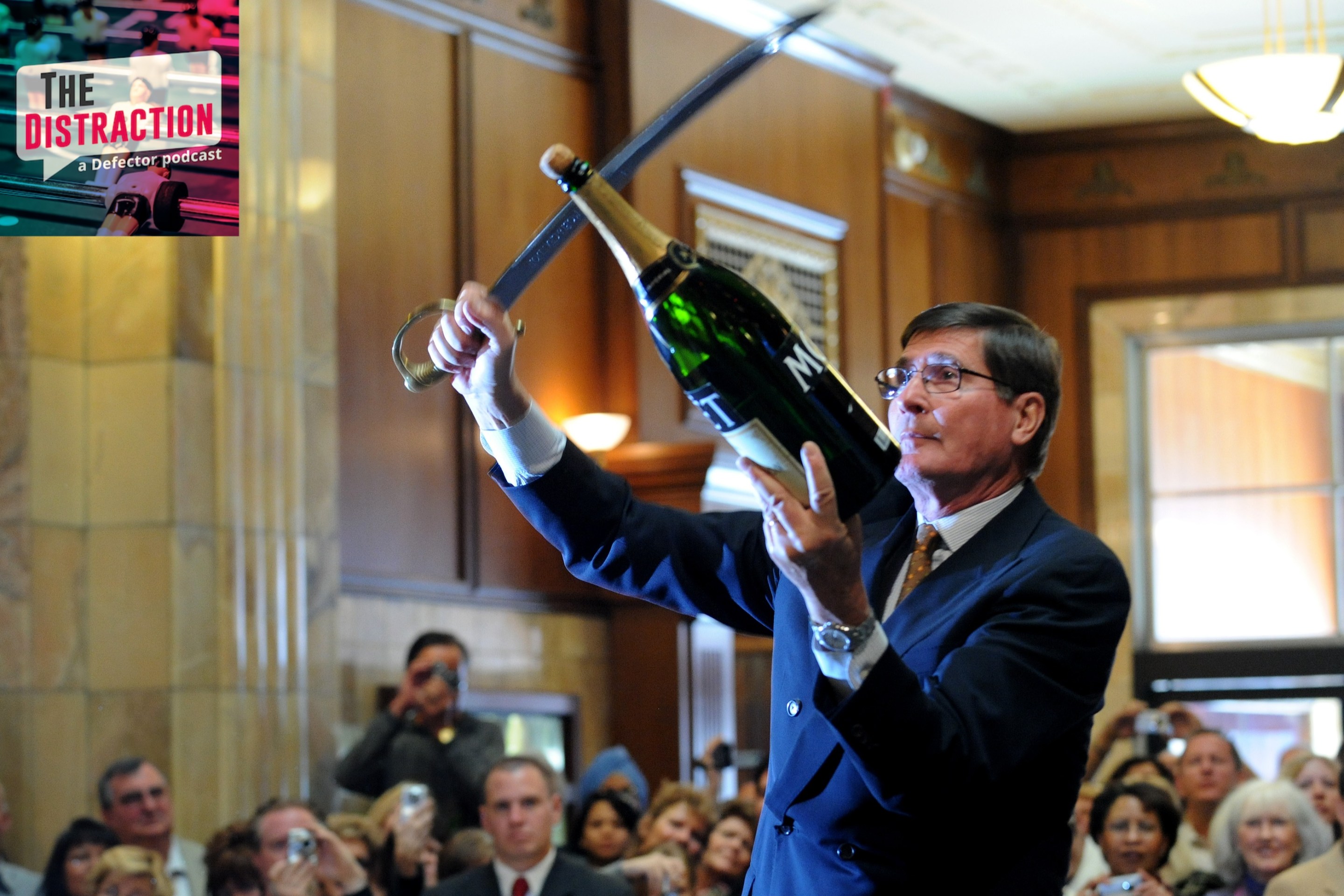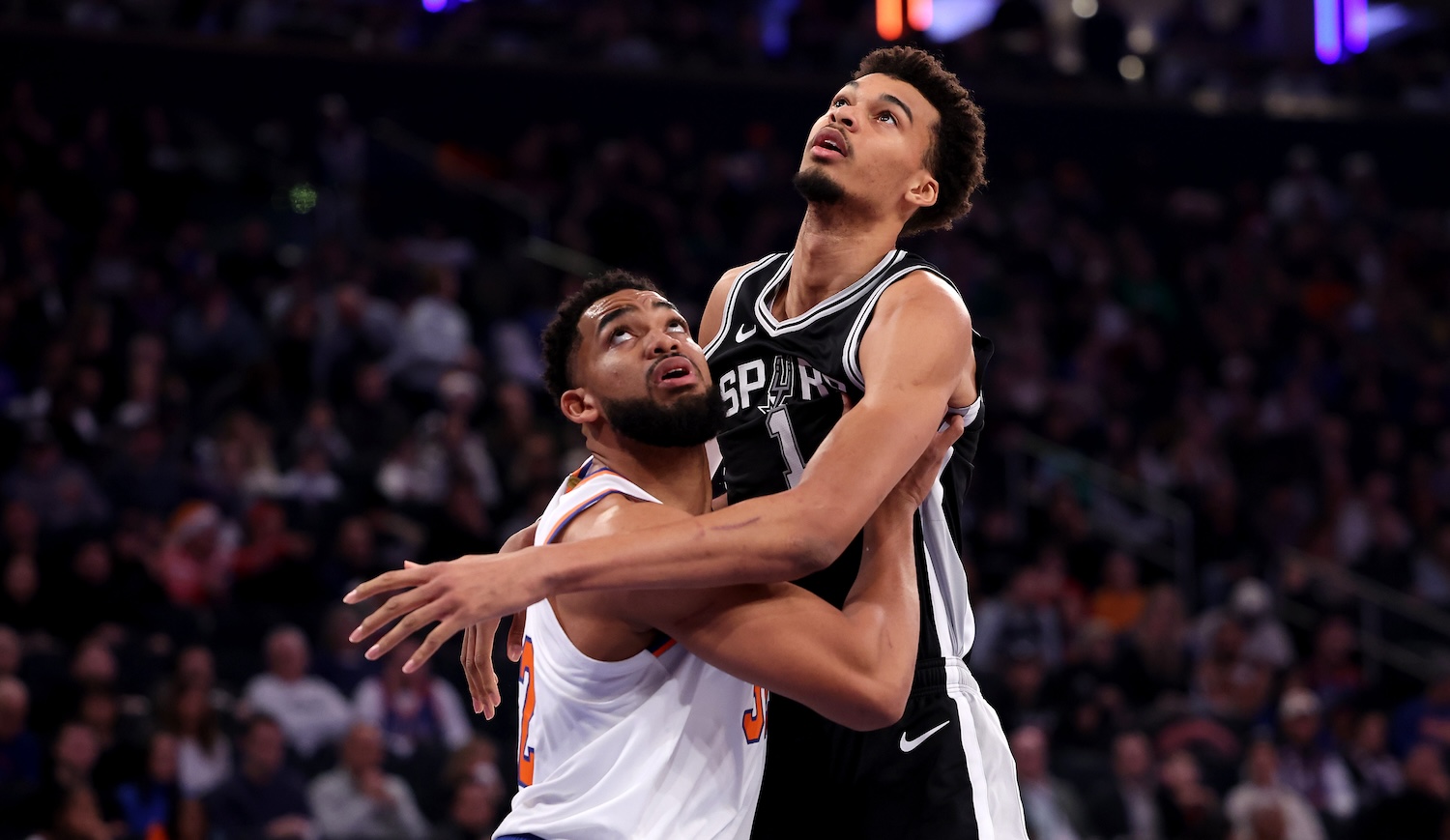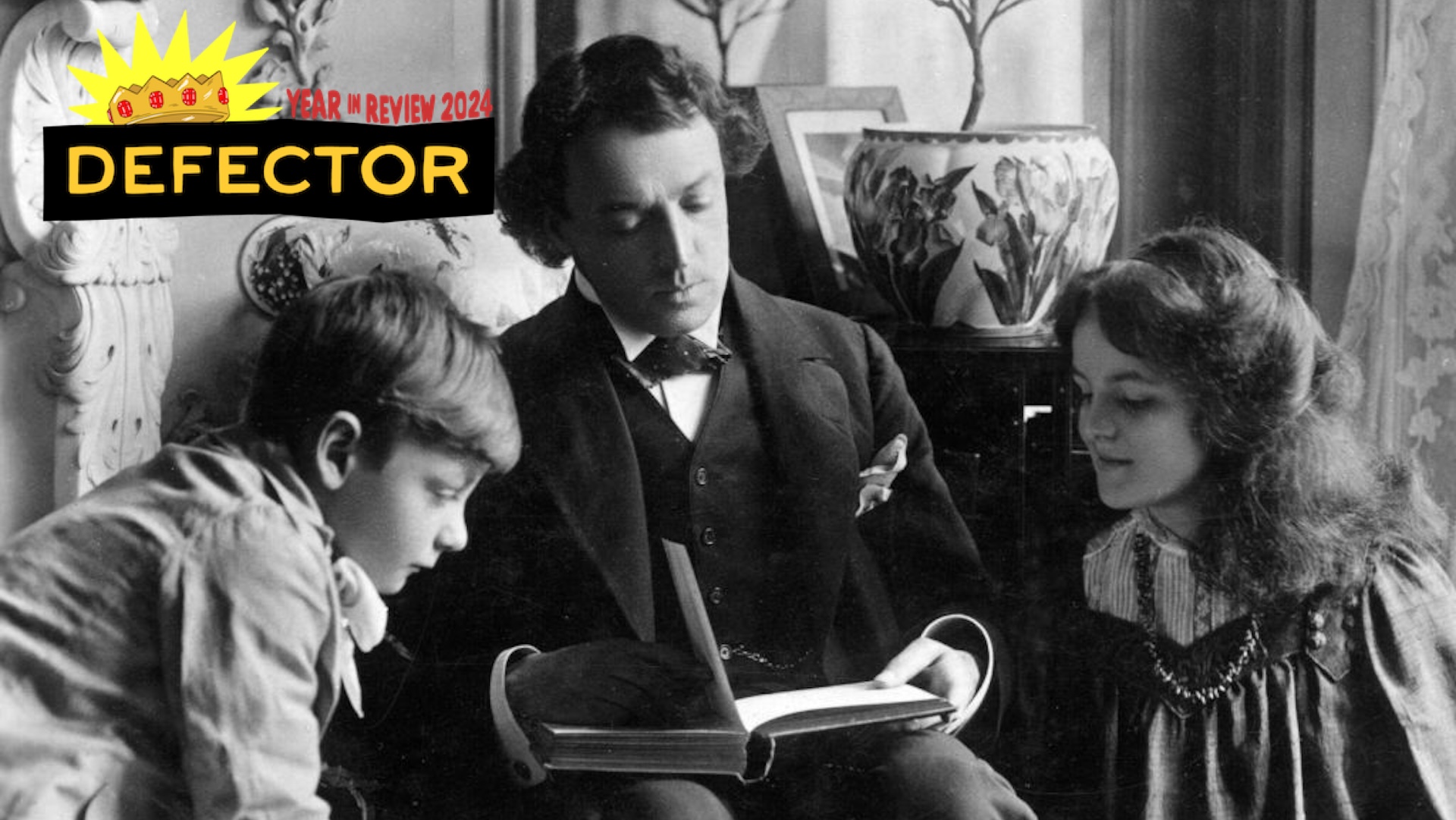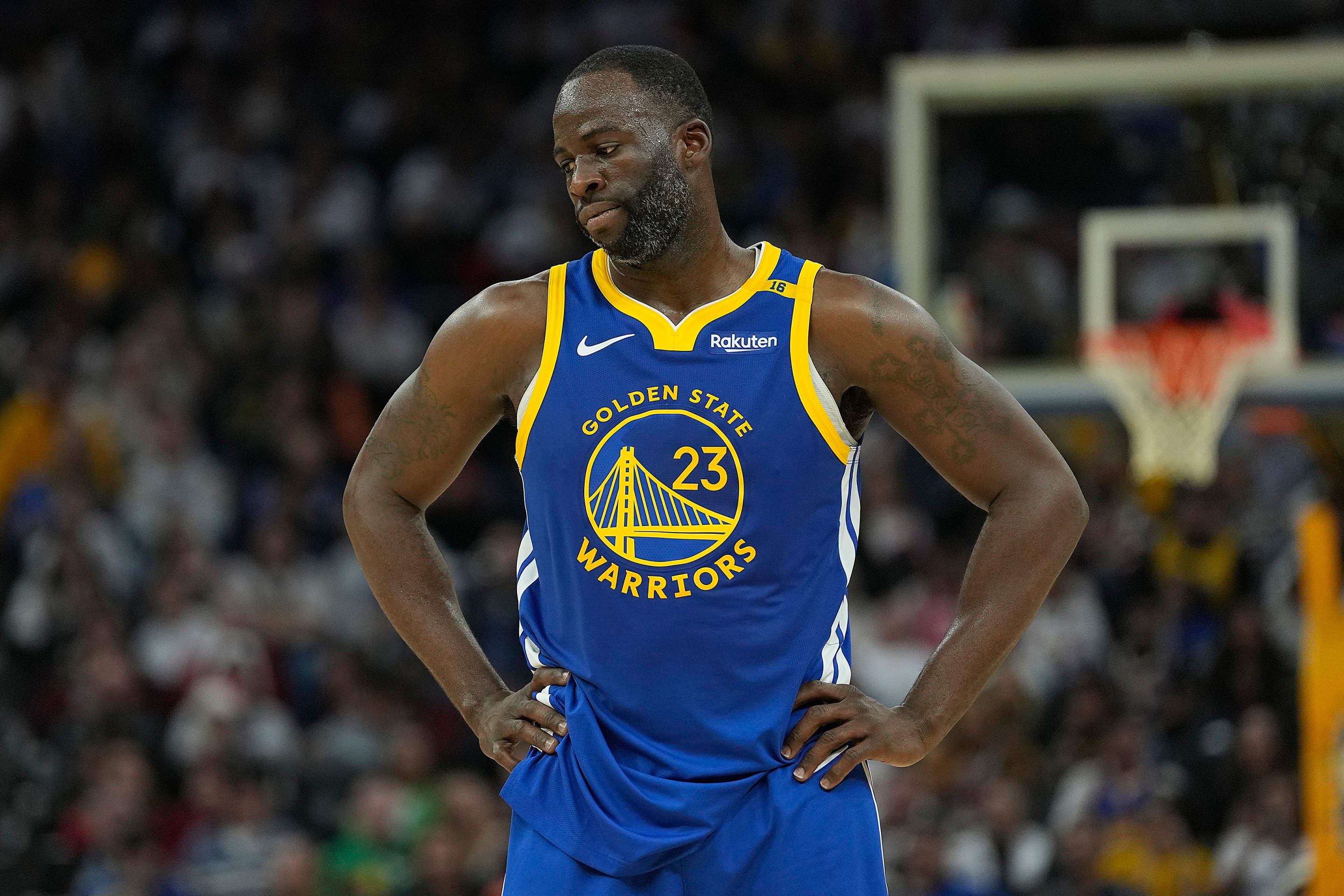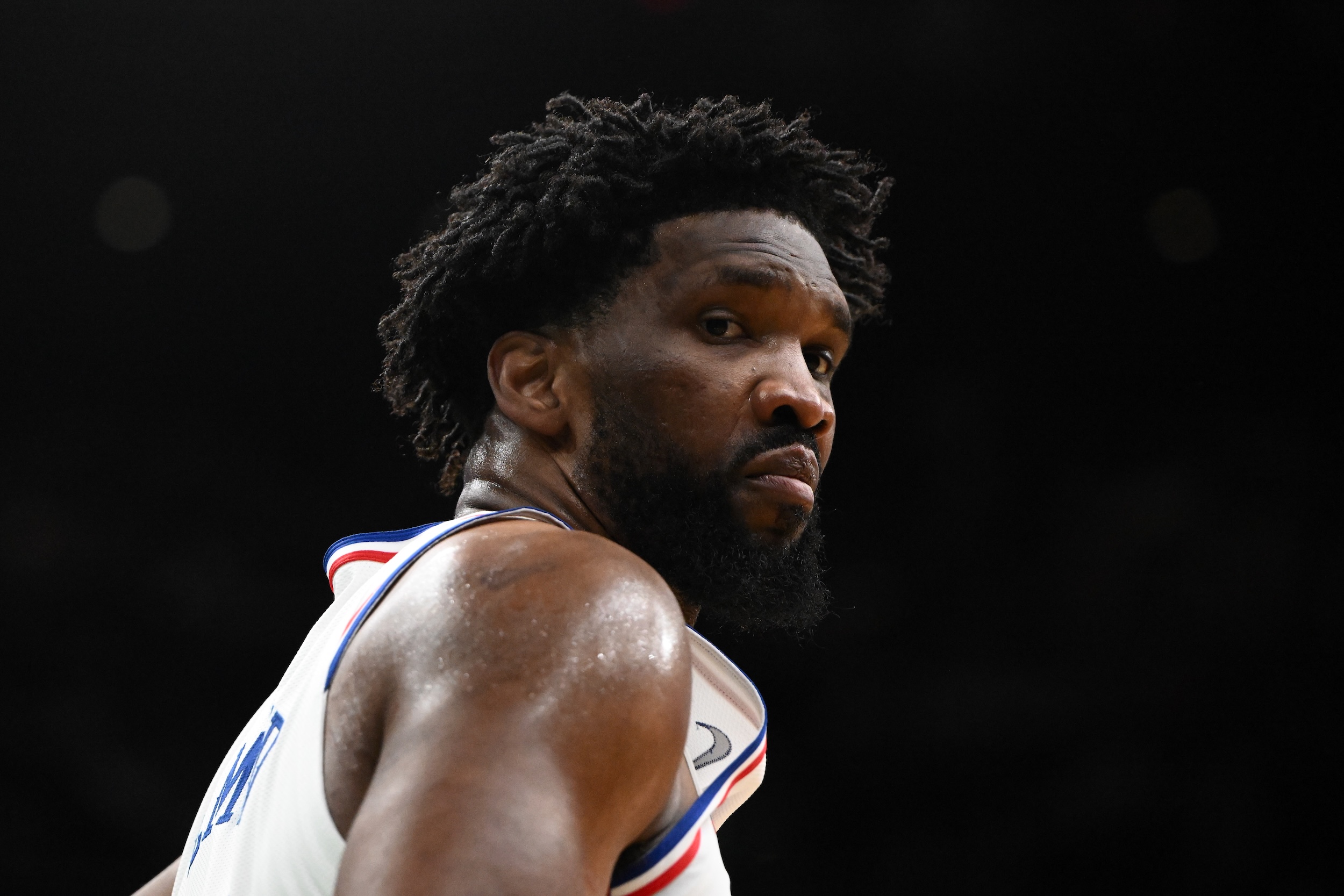Shortly after his team stunned Portugal in a 1-0 victory on Saturday, midfielder Abdelhamid Sabiri walked around the pitch carrying two flags: one for his native Morocco and one for Palestine. That night he would post a photo of himself on Instagram with the Palestinian flag draped over him, and a one-word caption: "Freedom."
Sabiri's gesture was just the latest example of the Palestinian solidarity that has become a recurring theme at the 2022 World Cup. When the biggest soccer tournament in existence is held in Qatar, Arabs and Muslims will attend the matches. And when Arabs and Muslims attend the matches, many of them will show support for a free Palestine and an end to Israel's occupation.
Morocco celebrate their win against Spain with a Palestinian flag. Every North African and Middle East team has made sure that the Palestine issue is prominent at every game pic.twitter.com/ZJU2Dog9Ee
— Mark Ogden (@MarkOgden_) December 6, 2022
This solidarity hasn't been limited to those groups, however. While Morocco has been the most prominent supporter—because the Atlas Lions have survived and advanced all the way to the semifinals—it's impossible to list every instance. Other countries' fans have joined in at various points: Tunisia, Qatar, and Uruguay, to name a few. Soccer fans of all sorts have declined to be interviewed by Israeli media. Media members at the World Cup have noticed that the Palestinian flag is seemingly everywhere in and around the stadiums, regardless of which teams are playing. And of course, there were the absolute lads from England:
This is killing me pic.twitter.com/1MvbQhD92X
— Sakib 🇲🇦🇫🇷 (@mertesakib) December 2, 2022
England football fan chants "FREE PALESTINE" in Israel TV interview following win over Senegal. #Israel #Qatar #ENGvsSEN pic.twitter.com/zI65XE7myO
— Robert Carter (@Bob_cart124) December 4, 2022
The man in the first video, with Saint George's Cross painted on his face and a flag on his head sitting like a haphazard keffiyeh as he bellows "Free Palestine" in Arabic, has been the most surprising and funniest instance of this phenomenon. Martin Near spoke with the outlet Middle East Eye last week and insisted that he wasn't some dumb lout referencing the Crusades. "Saint George himself was Palestinian," he said. Near's views on the occupation were influenced by his visit to the West Bank:
Near said that he only knows 20 to 30 words of Arabic (two of them being Filisteen hora) and he told MEE that his visit to Palestine was "an eye-opening experience".
Seeing the Israeli military occupation first-hand, Israeli settlements, and how Palestinians are not allowed to drive on certain roads and enter some parts of their land, Near left the country feeling "a terrible sense of injustice. I was asking myself why people are not doing anything, why no one is outraged," he said.
"Often the media likes to portray football fans or whoever else in a certain way, and they just build upon these stereotypes," Near said. "Some of us can have the position where we want our national team to win the football, and at the same time, we can call for a free Palestine, we can call for an end to injustice."
It's worth acknowledging that this kind of relationship between soccer and Palestinian solidarity isn't new. For years, the Scottish soccer club Celtic has tried to crack down on fans who bring Palestine flags to matches. In the 1920s Palestinian immigrants in Chile founded a soccer club called Palestino, which has been quite vocal throughout this World Cup. "In my heart, I am Palestinian," the late Argentine soccer great Diego Maradona said when he met Palestinian Authority President Mahmoud Abbas in 2018.
The difference this time is the size of the stage. Before the tournament FIFA told all the participants to stay away from politics, and Qatari officials have been far stricter on public support for the LGBTQ community and the Iranian people's protests against their government, but solidarity with Palestine has been more or less allowed. Similarly to how Qatar said it would permit alcohol sales at stadiums, then at the last minute changed its mind without any pushback, the event's hosts have been able to dictate how they want to run the World Cup. Mention of Palestine is not verboten.
Palestinians in Jerusalem celebrate #Morocco win in World Cup, raise Moroccan flag in the old city’s Damascus gate… 1/2 pic.twitter.com/UDzH68IOCM
— Fatima AbdulKarim (@FatiabdulFatima) December 10, 2022
The territories have embraced and appreciated this support, reciprocating when possible. After Morocco beat Portugal this weekend, Palestinians in Ramallah celebrated as if they were the winners. Soccer fans in Nablus flew both flags, just like Sabiri. Children at a refugee camp cheered for the Atlas Lions. A crowd gathered at the Damascus Gate to fly Morocco's flag and chant. Then Israeli police stormed in to disperse the joy.
Personally, I've found this phenomenon fascinating to watch. It might be the only aspect of the World Cup that doesn't fill me with internal conflict. I'm under no illusion that Sabiri or the Moroccan national team or some random English fan will singlehandedly end the occupation, but it's the kind of solidarity Palestinians have spent decades aspiring to achieve. It all contributes to normalization of Palestinians as humans who deserve human rights. Morocco's government may have been more accepting of the occupation, but its people feel differently. This was illustrated in Ishaan Tharoor's column for the Washington Post last week:
Outside the stadium beforehand, I met Mona Allaoui, a resident of Rabat, the Moroccan capital, who wore a Palestinian kaffiyeh over her Moroccan national team shirt. “I don’t care about politics,” she said, by which she meant the political normalization agreements, known as the Abraham Accords, signed between her nation’s leaders and Israel in 2020. “I support the Palestinians because I’m a human being and they are our brothers and sisters.”
At the same time, you are reminded why Palestine isn't free. On Monday, Israeli forces conducted a raid in the occupied West Bank and fatally shot 16-year-old Jana Zakarneh, who was standing on a roof, then said her death was an accident. The Israeli military has admitted to a "high possibility" that a soldier fatally shot prominent Palestinian journalist Shireen Abu Aqleh in May, yet its defense minister called the U.S. Department of Justice's investigation into the killing a "grave mistake." Every day there's a new violation of human rights; it doesn't matter how many flags are at a soccer game.
Still, it's not one or the other. That's what I'll take away from this. Sabiri carrying the Palestinian flag as if it were his own is not meaningless. Doing it during the World Cup presents a useful reminder for American fans and media: The U.S. government continues to unconditionally support Israel's occupation, both vocally and financially, but from the global perspective, they're in the minority.
